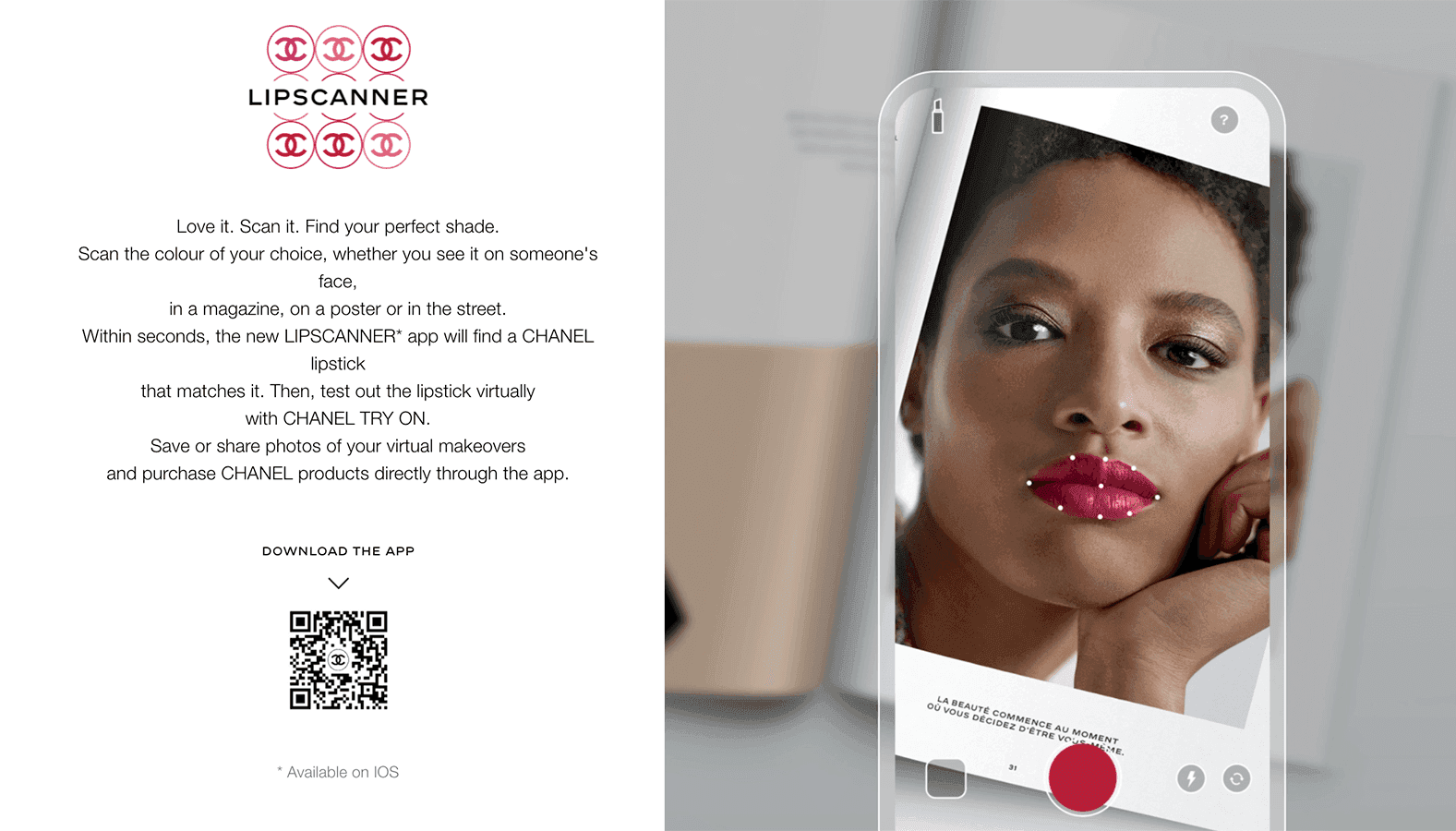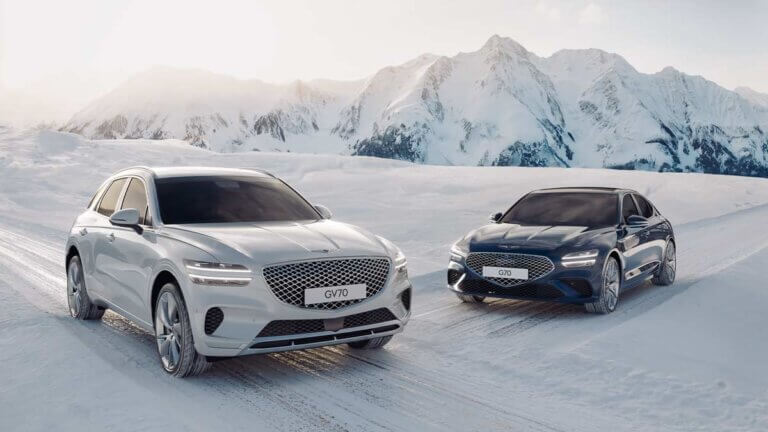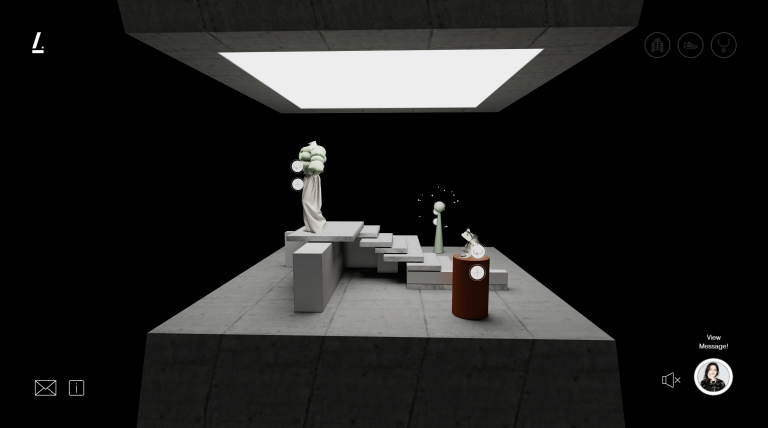As a luxury brand, have you thought about the digital revolution in the industry? In recent months, the craze for digital assets like NFTs, digital clothes and accessories, and finally virtual spaces and metaverse, is imploding at an exponential rate. The numerous advantages of these assets, followed by a shift in consumer preferences and behavior require luxury brands like yours to adapt to digitalization.
To give you a clear picture of how virtual spaces do magic for luxury brands, consider our campaign with the leading luxury brand, Ralph and Russo. The results of our campaign are as follows:
- 2,02,000 unique visitors
- A total page views of 490K
- The Media Impact Value at 65.1 Million USD
- Total audience of 19.4 million views
A single marketing campaign in a customized virtual space has an enormous impact in bringing in more consumers to the brand. The rise of virtual spaces is just the beginning and it won’t be too long before every luxury brand owns their personalized virtual spaces and digital stores in the metaverse.
Download our FREE expert-curated Virtual Spaces Guide below.
Advances in the digital age offer several opportunities for brands like yours to reinvent their market presence. As a result, using the right tools at the right time improves the marketing of luxury brands to reach specific goals and audiences.
Building a successful, compelling digital presence that engages and influences customers involves a selective approach to social media and its many metrics and strategies.
Among luxury companies, improving shopping experiences and high-quality content on social media are two main goals for increasing brand awareness and promotion. However, the digitization of fashion and marketing requires the constant adaptation to new techniques.
In this blog, learn about the following in detail:
How do Luxury Brands Market in the Digital Age?
Luxury brand marketing faced a historic disruption with the introduction of new media and technology. Therefore, consumer behavior remains the starting point to design ideas for the future in the market.
Some relevant aspects are:
Brand Narrative
An attainable, intuitive, and immersive narrative increases consumer confidence by providing a brand story and an overall product experience. A strong narrative portrays a lifestyle and a value system. In addition, luxury brands need to understand which ideas are most accessible to make products desirable.
Social Media Perceptive
The most prestigious brands look to reinvent themselves by applying different strategies in their social media platforms. In the digital era, social media marketing improves profitability.
Thus, popular platforms, such as Instagram and Facebook, offer several options for share interactive content through images and many other video formats.
In-store Experiences
Luxury brands expand their services through immersive retail experiences. Due to the 2020 pandemic, the global market experienced a 23% drop when all physical stores were forced to close under lockdown. However, to captivate customers, companies increased sales through online shopping with augmented reality trends, such as virtual try-on and store tours.
Exclusivity
A large number of luxury brands seek to maintain their status of exclusivity. Hence, embracing quality, prestige, and affluence comes with digital media’s impeccable visual elements and exclusive access to certain content.
Start visualizing your luxury brand in 3D virtual spaces by downloading our FREE detailed guide.
Top Digital Strategies for Luxury Brand Marketing
The main difference between traditional brand and luxury brand marketing strategies is the level of interaction with customers. Moreover, online presence enables sales to have higher engagement and build long-term relationships.
Search Engine Optimization: Online experiences are linked with search engines and web traffic. When Google ranks a website, several factors influence the brand’s web positioning. Some factors include relevant keywords and the number of searches.
Social Media: This is the most powerful tool to build an online presence. A brand needs to understand its target audience to figure out which platforms are ideal for its business. Also, social media tools allow brands to notice new trends and build a target market with those commonalities.
Content Campaigns: Applying storytelling techniques increases interaction and engagement. Through social media or website traffic, create a solid story around your product. High-quality content adds great value for customers to purchase.
Top Luxury Brands Online
A ranking that provides a good analysis of brands’ performances and potential. This is how high-end brands are performing online and gaining popularity online.
Gucci
Thanks to its leveraging digital storytelling, elevated e-commerce, and constant drive to experiment and innovate online, the Italian firm is leading the top. As a result, this prestigious luxury brand took a step further by launching the first pair of virtual luxury sneakers.
Chanel
The French house of couture shares impactful campaigns on social media with profiles filled with exclusive and interactive content. In February of 2021, Chanel launched a beauty app called Lipscanner, generated by augmented reality and facial recognition, allowing customers to virtually try on their collection of lipsticks.

Chanel’s Lipscanner
Hermes
Hermès pursues a strong strategy in China and continues improving its sales. To expand its services in the digital world, Hermès announced it would gradually increase its online sales.
Furthermore, the fashion house launched flagship online stores in Saudi Arabia and the United Arab Emirates.
The Future Of the Luxury Market In The Digital Age
Brands and retailers look to enhance shopping experiences and inspire audiences when promoting new products. The digitalization of luxury brand marketing will continue disrupting and reinventing existing methods.
Thus, luxury brands will require well-considered actions to achieve success in the digital age.


